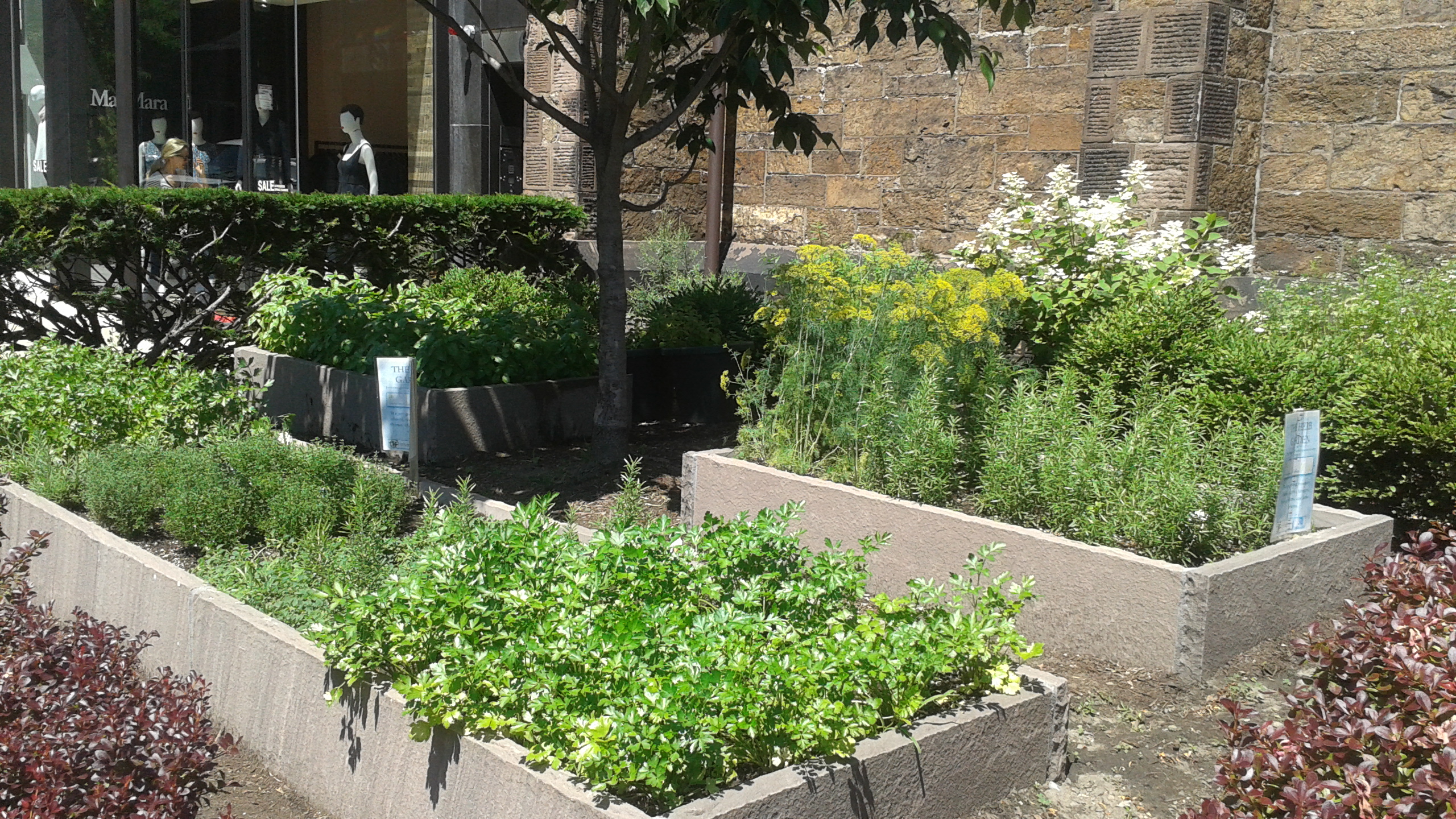
What it is: Food Justice Fellows are a cohort of spirit-based organizers connected to the Presbyterian Hunger Program (PHP). They are young or young-at-heart folks working to build local food economies that are sustainable and just, and people who make connections (and help others do so) between local food and hunger issues and related global concerns.
PHP will arrange for at least one training/networking opportunity for the Fellows. Small support grants from PHP (given through the presbytery, a congregation or local organization) may also be available to help the Fellows with food justice/local food economy events they may organize in their region. PHP will correspond with and do conference calls with the Fellows regularly (currently the 4th Monday at 12:00 pm (eastern time)) to exchange ideas, share best practices, discuss readings and provide updates on the U.S. and global food sovereignty movement and related work inside and outside the church. The Presbyterian Hunger Program staff and Food Justice Fellows will provide each other with mutual support, accountability and camaraderie. Hunger Action Enablers, Mission Advocates and other leaders throughout the PCUSA are potential resources and connectors.
Why it is: The purpose is to connect Presbyterians to the agrarian roots and lessons of the Bible to inspire and equip them – together with their congregations and communities – to fight hunger and poverty by rebuilding local food economies here in the U.S. and to support the same overseas through advocacy and campaigns.
Application process: Interested individuals should send their completed applications to Andrew Kang Bartlett andrew.kangbartlett@pcusa.org. Application forms can be downloaded HERE.
If you are selected, work plans will then be developed for the year in consultation with PHP. Call Andrew at 502.569.5388 for additional information.

Alison Cohen and Food Justice Fellow Blain Snipstal at assembly in Oakland
Frequently Asked Questions
Actual questions asked by real people…
1) Is this only for Presbyterians?
* Presbyterian, person of another faith, blended faith, seekers, spiritual-but-not-religious, current unbeliever — all are welcome to apply. A number of fellows are Presbyterians (so you must be able to tolerate them), but we have other faiths and non-faith represented as well. That said, Fellows must be currently doing or be willing to collaborate with Presbyterians also in their food justice/local food economy building work.
2) I am wondering about the work/job component. Can the applicants have any job in the food industry?
* If the Fellow is employed, the job doesn’t have to be food-related, but they would need to also be doing food justice/sustainable ag-related work (either paid or unpaid) as part of their life.
3) Does the fellowship come with a stipend so I can look for internships?
* There is no stipend. There is some funding available for events or activities that the FJF coordinates or is active leading around food justice, i.e. a program with community, churches, presbytery, government, etc. (for example, the Fellow organizes a county-wide Food Justice Teach-In with a tour of local farms, ‘food deserts’, a processing plant and city hall to talk with government officials about starting a Food Policy Council. PHP could provide a matching grant of $1000 or so to help make that possible.)
4) Can I be located anywhere in the U.S.?
* Yes.
5) Where and when would the face-to-face gathering be for the Fellows?
* We will meet face-to-face at least once a year as part of the Food Justice Fellows Program. The 2013 gathering was in DC at the Ecumenical Advocacy Days Conference on Food Justice in April. The 2014 gathering is at the Wild Goose Festival on June 26-29 in Hot Springs, North Carolina. 2015 is not yet determined, but may be at the Growing Food and Justice Initiative Gathering. Participation in this gathering is very important for the Fellowship.
6) Would you provide funding for transportation to this gathering?
* There are scholarships available based on need, but we will expect the Fellow to raise some funds. The lack of personal funds will not limit participation.
7) Is the fellowship a year long program?
* We will do annual work plans, but those that wish to and who are in good standing would continue on year after year if so desired.



